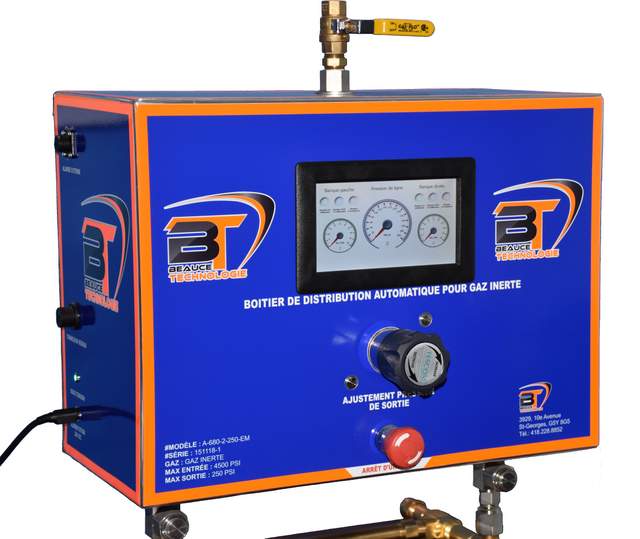
While our taste for beer hasn’t changed since humans first discovered it more than 5,000 years ago, one microbrewery has invested in a modern automation technique to change its brewing process. Carbon dioxide (CO2) plays an important role throughout the process of making beer. Initially, it is produced during fermentation when it’s usually vented as a byproduct. Later in the process, brewers use the gas to purge bottles as well as force-carbonate beer during bottling to preserve its flavor.
Too much pressure over-carbonates the beer, making it hard to serve properly and creating a poor experience for consumers. Too little carbonation can reduce the number of air bubbles that trap aroma, an important part of the craft beer experience. Low carbonation can also cause the beer to go flat, ruining the entire batch.
One of Quebec’s largest microbreweries had relied on a fully manual process to manage the 25 CO2 cylinders used in its brewing process. We’ll keep that brewery nameless, as this article is only for analytical purposes. The manual process used by this Quebec brewery created inefficiencies that were costing time and money as well as impacting safety. For example, the brewery’s team could not accurately determine when a cylinder was empty, so it had to estimate when to switchover to fresh tanks. Changing them out too soon resulted in wasted CO2. Changing them too late could harm the batch with under-carbonation.
What’s more, the gas cylinders were stored on-site, taking up valuable floor space and creating the potential safety hazards that come with storing more than two dozen gas cylinders. Employees had to physically move tanks, each weighing about 100 lbs, to switch them three to four times a week.
The search for the right components
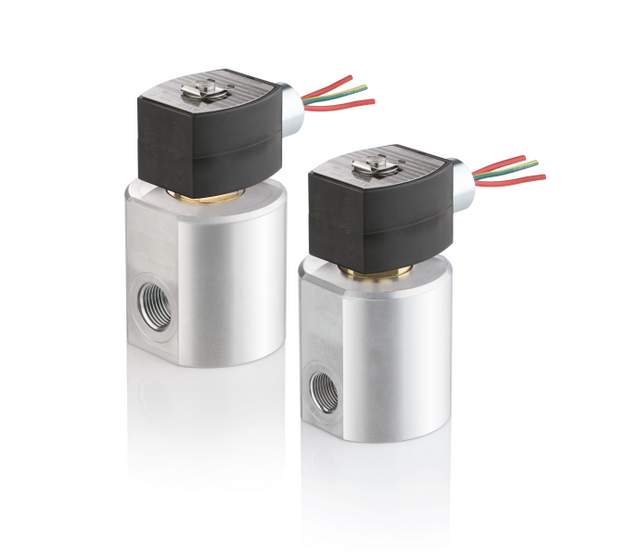
The microbrewery reached out to Beauce Technologie, a Quebec City company that specializes in gas manifold system design and installation. Jimmy Roy, Beauce’s vice president, said they collaborated with the brewery to design a gas distribution system manifold that offered more efficiency and control than the manual system. As Beauce began to develop a solution, the team ran into challenges, including pressure regulators that weren’t working properly and solenoid valves unable to handle the high flow capacity. It needed to find components that would not only solve the individual issues but also work together to create an efficient system.
Beauce was searching for the right solution when they met a team from Emerson Automation Solutions at a convention hosted by the Quebec Microbrewery Association. After learning more about Beauce’s challenges, the Emerson team recommended its TESCOM SG3 Series Single-stage Regulator, which is suitable for high-purity applications.
“This regulator resolved a lot of the problems with flow and pressure control. We tested it and it worked perfectly,” Roy said. The regulator also offered regulation accuracy and repeatability for the high level of precision control the brewery required.
As an integrated solutions provider, Emerson was also able to recommend a solenoid valve solution from its broad automation portfolio: the ASCO 291 Compressed Natural Gas Valve. The value is specifically designed for compressed natural gas applications that require the ability to handle pressure over 5,000 psi. Its wide pressure range makes it well-suited for a brewery application.
The valve would allow the new system to withstand high-flow capacity as well as an expected pressure range of 200 to 5,000 psi.
Emerson’s 291 Valve features a low-maintenance PEEK piston and durable operation in a compact design. Its stainless-steel construction makes it ideal for applications in the food and beverage industry as well.
Moving from manual to automation
With the critical components in place, Beauce could integrate the regulator and valve with the designed electronic control system. The control system maximizes CO2 use while eliminating the downtime that came with manual switchovers. When cylinder pressure drops to a predetermined level, the automated system closes the valve on the empty side and opens the valve on the other side. The speed of the valve opening can be controlled to avoid system shutdowns, which Roy noted can be a challenge in a distribution system regulating high-flow applications.
“But when we use Emerson’s ASCO 291 Solenoid Valve on the TESCOM SG3 Regulator, together they can handle the high flow,” he said.
In addition to automating gas distribution, the electronic control system gave the brewery a simple way to access system insights they didn’t have previously. The secure control system, which is based on a Linux operating system, provides real-time and historical line pressure data. Beauce’s design also incorporates a customized touchscreen interface and a mobile-friendly dashboard.
Yielding fast results and cheers to automation
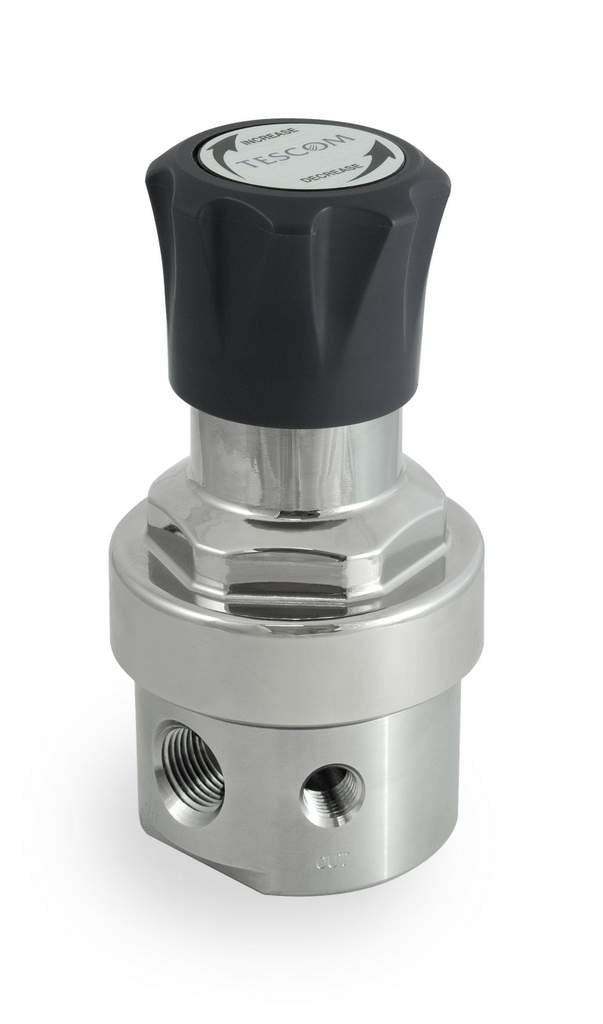
The brewery’s automation investment quickly reduced the production inefficiencies caused by reliance on manual processes and a lack of actionable insights. The increased efficiency cut the number of cylinders needed from 25 to 10. Cutting cylinder use by more than half has helped reduce manual labor and the potential for workplace accidents that come with it. It has also lowered labor, transportation and storage costs.
The Quebec brewery can now monitor CO2 use, allowing it to save time and money as well as make more informed production decisions. In addition, the system offers scalability, making it suitable for breweries of virtually any size.
Roy said, “The application is perfect for a small brewery because it can handle as many cylinders as needed, giving them flexibility as they grow.”
Since implementation, the company estimates that its more efficient CO2 use and higher production is saving almost $17,000 per year in gas utilization costs — a reduction of 42 percent compared with the non-automated system. In addition, the transition to automated gas distribution saves the brewery nearly $4,000 annually in productivity costs.
They went from doing everything manually with little control or insight to an automated solution that maximizes resources, saves money, reduces labor, increases safety and provides real-time data. It’s really simplified the microbrewing process.
Naresh Kumar is the product marketing manager for Emerson Automation Solutions.

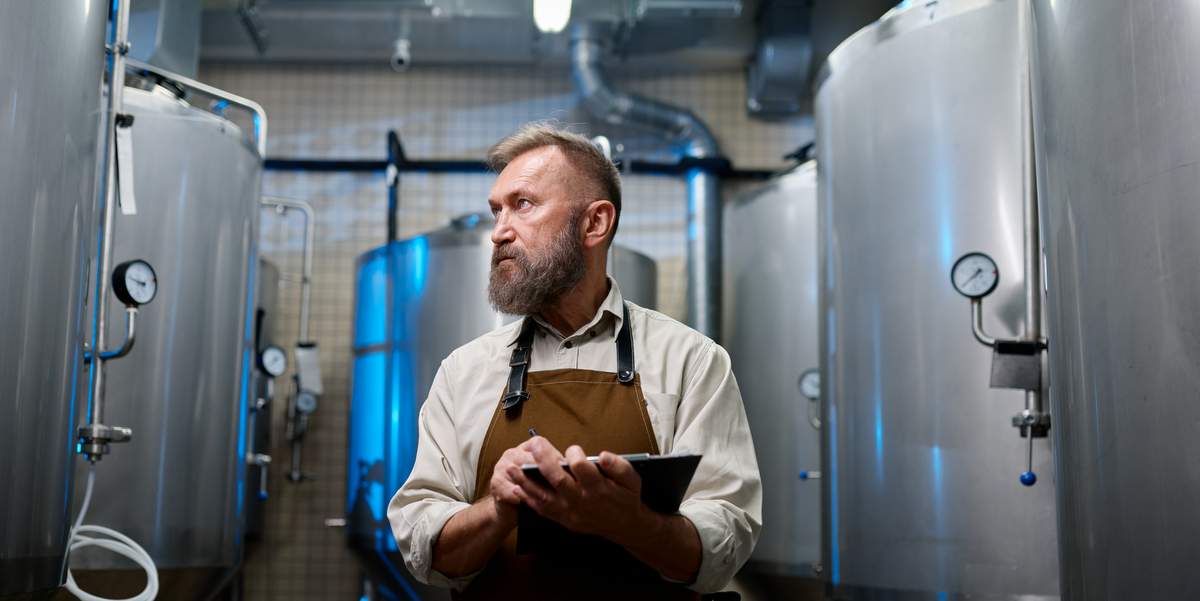
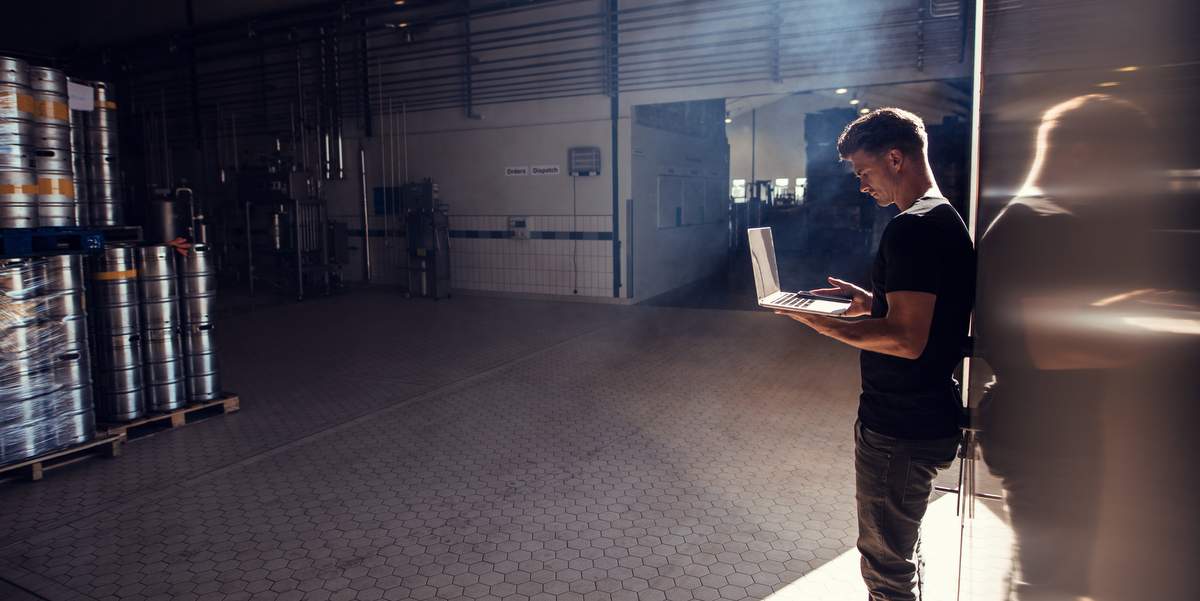


[…] a Craft Brewing Business article, Precisely control CO2 in the brewing process with high-efficiency automation solutions, from valves …, Emerson’s Naresh Kumar shares the story of a Canadian brewery and a project to improve […]